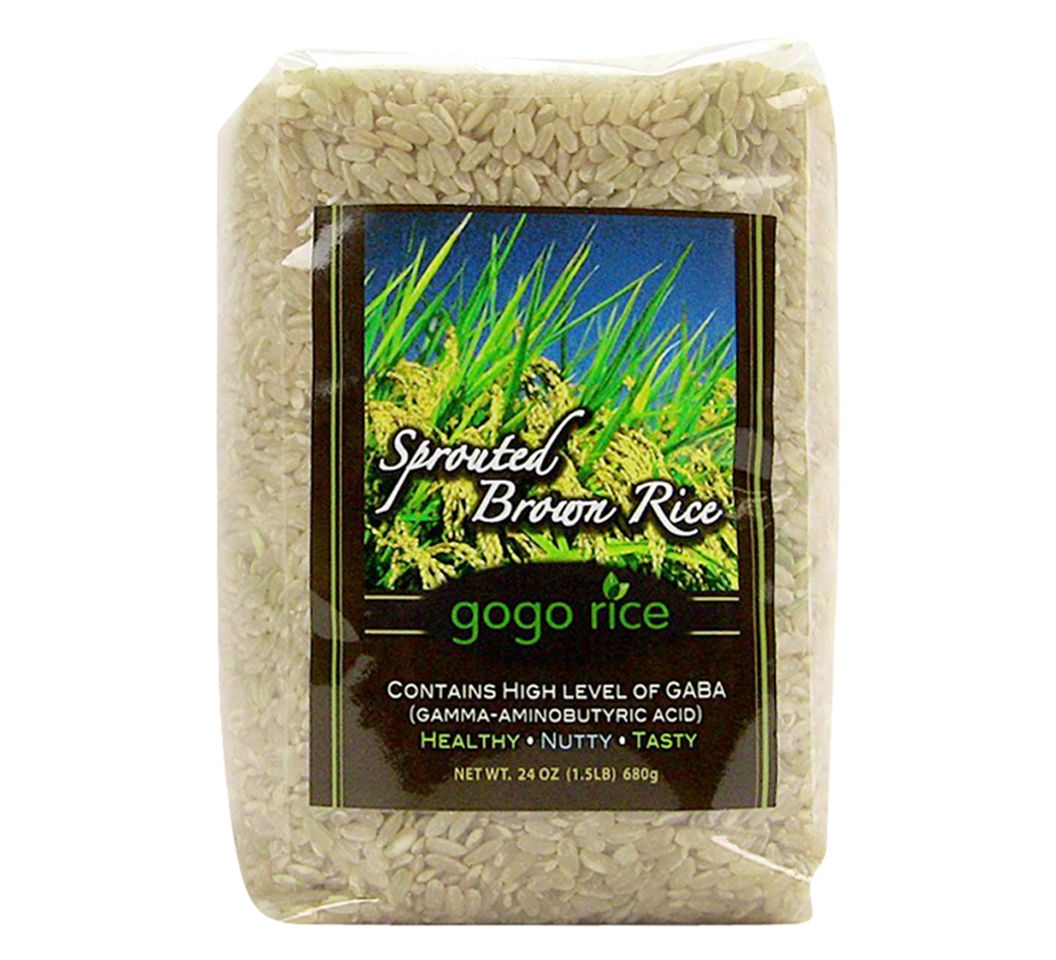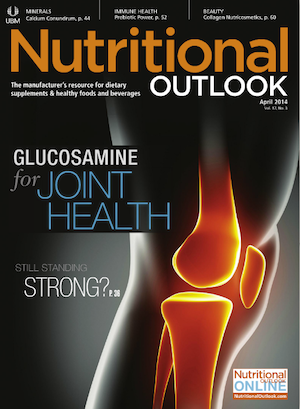Brain-Health Food Marketers Are Missing the Senior Channel
The time is right to aim brain health food and drinks at the elderly. But marketers don’t seem to think so.

Among an aging population, and particularly in the United States, demand is growing for dietary supplements that can help consumers maintain their intellectual capacity, memory, and learning ability. But within the cognitive health food and drink sales channel, older consumers are often left aside; instead, brain health food and drinks focus much more on infant health and development.
In terms of dietary supplements, nearly 9% of the launches Innova Market Insights recorded in 2013 carried a brain health positioning, focusing either on mood health or mental acuity. This percentage of brain health launches was up from 7% in 2012 and from less than 6% five years previously.
In food and drinks, a much smaller 0.9% of global introductions recorded by Innova Market Insights in 2013 carried a brain health claim. Within food and drink launches, the main focus remained on baby food, which accounted for three-quarters of introductions using a brain health claim. Soft drinks had the next largest number of brain health launches, representing just over 5% of total launches and slightly ahead of dairy’s 4.5%.
Omega-3 fatty acids, particularly DHA, are now common in baby and infant foods for brain, eye, and nervous system development. DHA is also growing in the mainstream market, but for a whole range of benefits, including heart and eye health, as well as brain health. With ongoing debate about Recommended Daily Intake levels (RDIs) for omega-3s in the United States and permissible claims, product positioning remains difficult, however, and many products may now just tout omega-3 content without mentioning any specific health claims.
Spain has a large and relatively well-developed omega-3 milk market, now accounting for about 6% of total milk sales. But these products tend to address heart health, rather than brain health. The United States is also seeing rising interest in omega-3–fortified milk, although generally without any specific health claims. Innova Market Insights data indicate that 8% of U.S. milk launches in the 12 months ending September 2013 featured omega-3 claims-well ahead of the global 3%.
An ingredient that continues to make its way from Japan into western markets is GABA (gamma-aminobutyric acid). GABA claims to improve mental focus, balance, and clarity, while reducing stress and increasing relaxation. For a number of years in Japan, it’s been included in a range of products, including teas, soft drinks, and dairy products. (In Japan, GABA is also FOSHU approved for blood pressure lowering, so it may target either, or even both, conditions.)
In the United States, GABA inched towards mainstream entry with Jones Soda’s Jones GABA tea-juice blend in the late 2000s, but the product is no longer on the market. More recently, U.S. soft drink launches with GABA included Genesis Today’s Relax Me berry tea. There is also some activity in energy drinks with GABA, such as the ThinQ Mixed Berry Energy Drink, launched in 2012, claiming to “awaken the mind.”
Rice is a GABA target as well. A number of rice products on store shelves promote GABA content, although these products don’t necessarily refer to any specific health benefits. One exception is Truroots Accent Organic Sprouted Rice Trio, launched in 2013, which has a brain health marketing platform. Its blend of red, brown, and wild rice is described as “waking up enzymes that activate brain boosting.” The packaging for Minsley Sprouted Brown Rice, meanwhile, advertises the product’s high GABA content-although without referring to any specific benefits.
Another ingredient seeing wider use, in soft drinks, is L-theanine. L-theanine is also promoted for mental acuity and relaxation. Yakult was one of the first on the market with its Lemorea relaxation drink in Japan back in the early 2000s. An interesting recent launch in the UK is Brainwave, a drink made with natural ingredients, led by green tea extracts and including L-theanine. The product markets itself as the first of its kind, claiming that regular consumption can help reduce the risk of developing Alzheimer’s disease or dementia later in life.
Faced with rising concerns over dementia, Alzheimer’s disease, and cognitive decline, and a desire for products to help keep grown-ups sharp, the brain health category has potential for strong growth over the next few years. It remains to be seen how much of that brain health market share will go to food and drinks and away from the more dominant supplements sector.
Currently, there are few brain health foods that specifically target older shoppers. Most products, particularly those fortified with omega-3 fatty acids, focus more generally on the health of children and/or families. But older consumers represent a brilliant marketing opportunity, if products are backed by scientific evidence and relevant claims.













